National Novel Writing Month—Whether You Like It Or Not
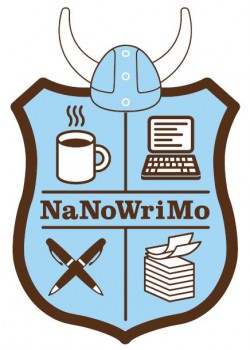 I’ve discussed National Novel Writing Month before, and if you want the lowdown on this annual global community creative writing project to kick people to a 50,000-word novel in thirty days, you can read about it here. Today I come to you as a scarred old warrior observing the changes that can happen after a few consecutive years of participation. Not changes to me, but changes to the world that NaNoWriMo has created.
I’ve discussed National Novel Writing Month before, and if you want the lowdown on this annual global community creative writing project to kick people to a 50,000-word novel in thirty days, you can read about it here. Today I come to you as a scarred old warrior observing the changes that can happen after a few consecutive years of participation. Not changes to me, but changes to the world that NaNoWriMo has created.
I have now been on the battlefront of NaNoWriMo for four years, which makes me a “veteran.” I’ve also “won” three years running, and with a current total of 22,000 words as of Day 7, it looks like I’ll rack up another victory this year, walking away with a PNG badge. And a finished manuscript, the best reward possible.
After the third year of participation, I discovered something, and that in turn has brought me a realization this year: the actual “rules” of NaNoWriMo are irrelevant. You no longer need to try to “write a new novel, starting from zero words, and reach 50,000 before the end of the month.” Since National Novel Writing Month isn’t a contest offering a prize, you can’t “do it wrong.” You can “cheat” on your word count on the official site—many do, I’m sure, since I’ve seen some impossible word counts—but that achieves nothing. There are other, creative ways to break the rules. You can choose to start writing a screenplay instead, or tackle short stories one after the other (as I did last year), or use the time to finish a novel you’ve already started (as I am doing this year). NaNoWriMo’s official term for anyone who does this a “Rebel.” It isn’t a pejorative term, but the welcome umbrella for anyone who wants to use November to kick their writing machines’ engine back to sputtering life. Every year, I find more people joining the ranks of the Rebel Alliance; it’s usually folks who have succeeded writing new novels in the previous years.
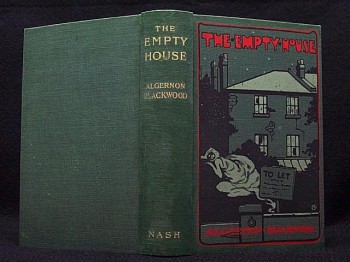 The Empty House and Other Ghost Stories (1906)
The Empty House and Other Ghost Stories (1906)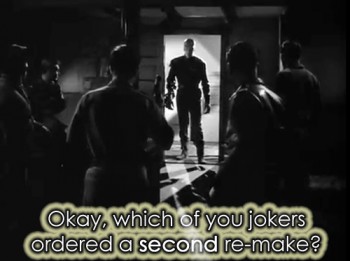 The Thing from Another World (1951)
The Thing from Another World (1951)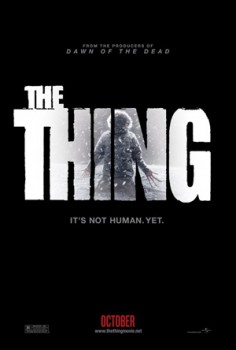
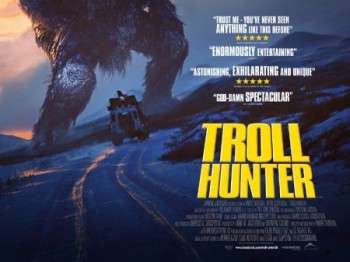 TrollHunter (2011)
TrollHunter (2011)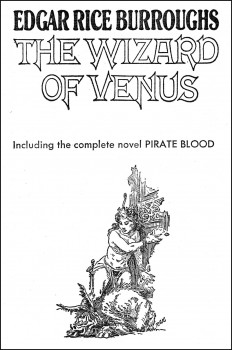 The Venus series ends not with a novel, but a novella. Consequently, this will be the shortest entry in my survey of Burroughs’s last series, but I have appended a wrap-up with my final thoughts on the Venus books as a whole.
The Venus series ends not with a novel, but a novella. Consequently, this will be the shortest entry in my survey of Burroughs’s last series, but I have appended a wrap-up with my final thoughts on the Venus books as a whole.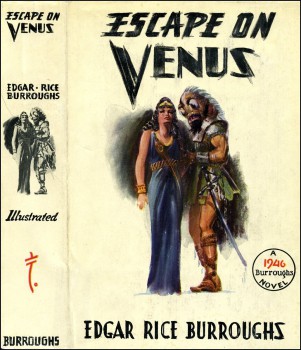 I love Edgar Rice Burroughs. His novels have had an enormous influence on me as a writer and as a pulp fan. But, I must admit, sometimes he wrote … this kind of thing….
I love Edgar Rice Burroughs. His novels have had an enormous influence on me as a writer and as a pulp fan. But, I must admit, sometimes he wrote … this kind of thing….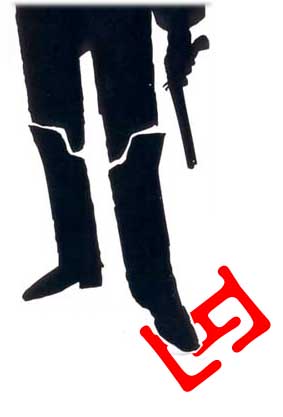 The English alphabet contains twenty-six letters. They all have their uses. Some more than others. The letter “E” gets the most use: how could we live without it?
The English alphabet contains twenty-six letters. They all have their uses. Some more than others. The letter “E” gets the most use: how could we live without it?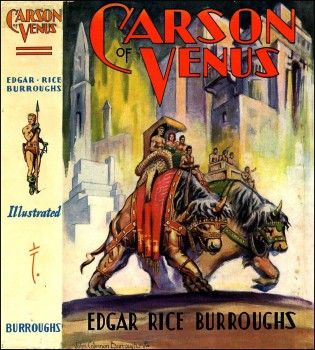 Five years have passed since Edgar Rice Burroughs wrote Lost on Venus, and the world has undergone a startling and disturbing metamorphosis. Something sinister and confusing is taking place in Europe, and across the Atlantic waters the people of the United States are growing concerned at the saber-rattling of Nazi Germany. The poverty-crippled period in which ERB wrote the previous Venus books has given way to a time of escalating fear of a second great war.
Five years have passed since Edgar Rice Burroughs wrote Lost on Venus, and the world has undergone a startling and disturbing metamorphosis. Something sinister and confusing is taking place in Europe, and across the Atlantic waters the people of the United States are growing concerned at the saber-rattling of Nazi Germany. The poverty-crippled period in which ERB wrote the previous Venus books has given way to a time of escalating fear of a second great war.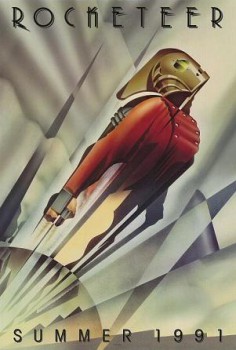 Update: Right as I was posting this review, I received the official news that
Update: Right as I was posting this review, I received the official news that